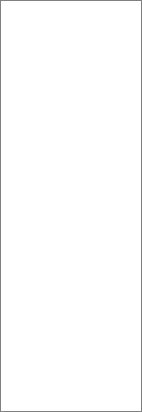




















Aaron Pryor (born
October 20, 1955) is a former boxer from Cincinnati, Ohio. He was
World Junior Welterweight Champion from 1980 to 1985 and was inducted
into the International Boxing Hall of Fame in 1996. Pryor was voted
by the Associated Press as the #1 junior welterweight of the 20th
century in 1999.
Amateur career
Pryor, nicknamed The Hawk, had
a record of 204 wins and 16 losses as an amateur. He won the National
AAU Lightweight Championship in 1973. In 1975, Pryor again won the
National AAU Lightweight Championship and a silver medal at the Pan
American Games. He beat future great Thomas Hearns in the lightweight
finals of the 1976 National Golden Gloves but lost to Howard Davis
Jr. at the 1976 Olympic Trials. Pryor participated as an alternate
in the 1976 Summer Olympics in Montreal.
Professional career
Pryor
turned professional on November 11, 1976 with a second round knockout
of Larry Smith, for which he made $400. A few days later, Pryor signed
a managerial contract with Buddy LaRosa, owner of LaRosa's Pizzeria.
He was also trained by Raymond Cartier.
Pryor fought eight times
in 1977, winning all but two by knockout. The only two fighters who
heard the final bell versus Pryor that year were Jose Resto and Johnny
Summerhayes, each losing by an eight round unanimous decision. After
the fight with Summerhayes, Pryor won 26 fights in a row by knockout.
It was one of the longest knockout streaks in the history of boxing.
In
his last fight of 1979, Pryor was pitted for the first time ever against
a former or future world champion when he faced former WBA junior
welterweight champion Alfonso "Peppermint" Frazer of Panama. Pryor
knocked him out in the fifth round, advancing his record to 20-0 with
18 knockouts. After defeating Frazer, Pryor entered the WBA rankings.
On
August 2, 1980, Pryor faced two time world champion Antonio Cervantes
of Colombia for the WBA junior welterweight championship. His purse
was $50,000. The fight took place in Pryor's hometown of Cincinnati,
Ohio and was nationally televised by CBS. Pryor was dropped in round
one, but he rose and knocked out Cervantes in round four to become
champion. He made his first title defense on November 22, 1980, knocking
out Gaetan Hart in the sixth round. Pryor made $100,000 for the fight.
In December 1980, Pryor rejected an offer of $500,000 to fight
Sugar Ray Leonard for the WBC welterweight championship because he
wanted more money. When the offer was increased to $750,000, he rejected
that as well.
Pryor signed to fight WBC junior welterweight champion
Saoul Mamby in a unification bout for $1 million. The bout was tentatively
scheduled for February 7, 1981. However, the fight fell apart when
the promoter, Harold Smith, disappeared amid allegations that he was
involved in a $21.3 million fraud against Wells Fargo National Bank.
Smith, whose real name was Ross Fields, was later sentenced to ten
years in prison after he was convicted of 29 counts of fraud and embezzlement.
Pryor
was then offered $750,000 to fight Roberto Duran in April 1981, but
he turned it down because his new attorney told him not to sign anything
until he worked out a new contract with manager Buddy LaRosa. By the
time they worked out a new agreement, the chance to fight Duran was
gone.
On June 27, 1981, Pryor knocked out Lennox Blackmore in
the second round. He then defended the title against undefeated Dujuan
Johnson on November 14, 1981. Johnson floored Pryor in the first round,
but Pryor came back to stop Johnson in the seventh round.
Pryor
knocked out Miguel Montilla in the twelfth round on March 21, 1982.
His next title defense was against the undefeated Akio Kameda of Japan.
The fight took place on July 4, 1982. Once again, Pryor was knocked
down in the first round but came back to score a sixth round knockout.





